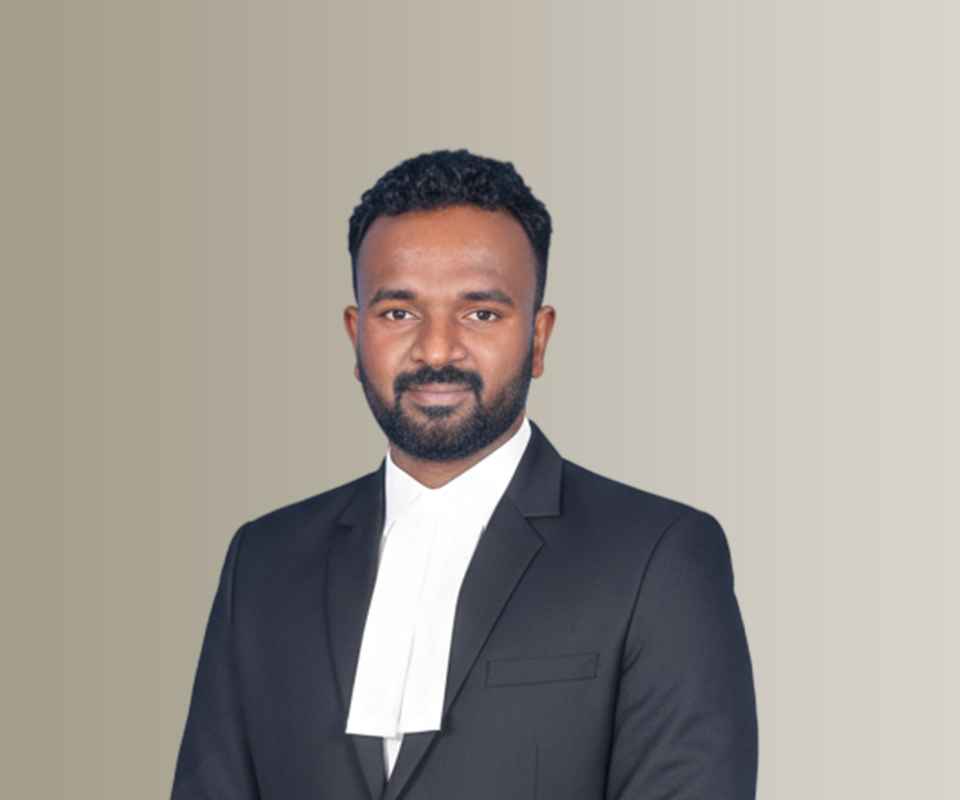Answer By law4u team
An elder, as the rightful owner or legal occupant of a property, holds the right to privacy and control over their premises. They can legally restrict access to any individual, including family members, especially in cases of abuse, harassment, or disputes. Legal mechanisms exist to enforce such restrictions and protect the elder’s autonomy.
Legal Rights of Elders to Ban Family Members from Property
Right to Property and Privacy
Elders have the fundamental right to control entry to their property.
Unauthorized entry by anyone, including relatives, may amount to trespassing.
Issuance of Injunctions or Restraining Orders
Courts can issue injunctions preventing specific individuals from entering the elder’s property.
These orders are enforceable by law and violations can lead to penalties.
Filing Complaints for Trespassing or Harassment
Elders can file police complaints if family members enter unlawfully or cause harm.
Legal action can be taken under relevant civil and criminal laws.
Role of Mediation and Family Dispute Resolution
Courts may suggest mediation to resolve conflicts amicably.
Legal counsel can help elders understand their rights and options.
Protection under Elder Abuse Laws
If family members cause emotional or physical harm, elders can seek protection under elder abuse statutes.
Consumer Safety Tips
- Clearly communicate boundaries to family members in writing, if possible.
- Document incidents of trespass or harassment.
- Approach legal authorities promptly when boundaries are violated.
- Seek legal advice for obtaining restraining orders or injunctions.
- Utilize elder protection services and helplines for assistance.
Example
Situation:
Mrs. Singh, a senior citizen, faced repeated trespassing by her son’s family despite her objections.
Steps Taken:
- Mrs. Singh informed them verbally and in writing to stay off her property.
- After continued intrusion, she filed a police complaint for trespassing.
- She approached the court and obtained a restraining order against the family members.
- The order legally barred them from entering her property.
- The court’s intervention ensured Mrs. Singh’s peace and security.
- Social services provided counseling to help manage the family dispute.






